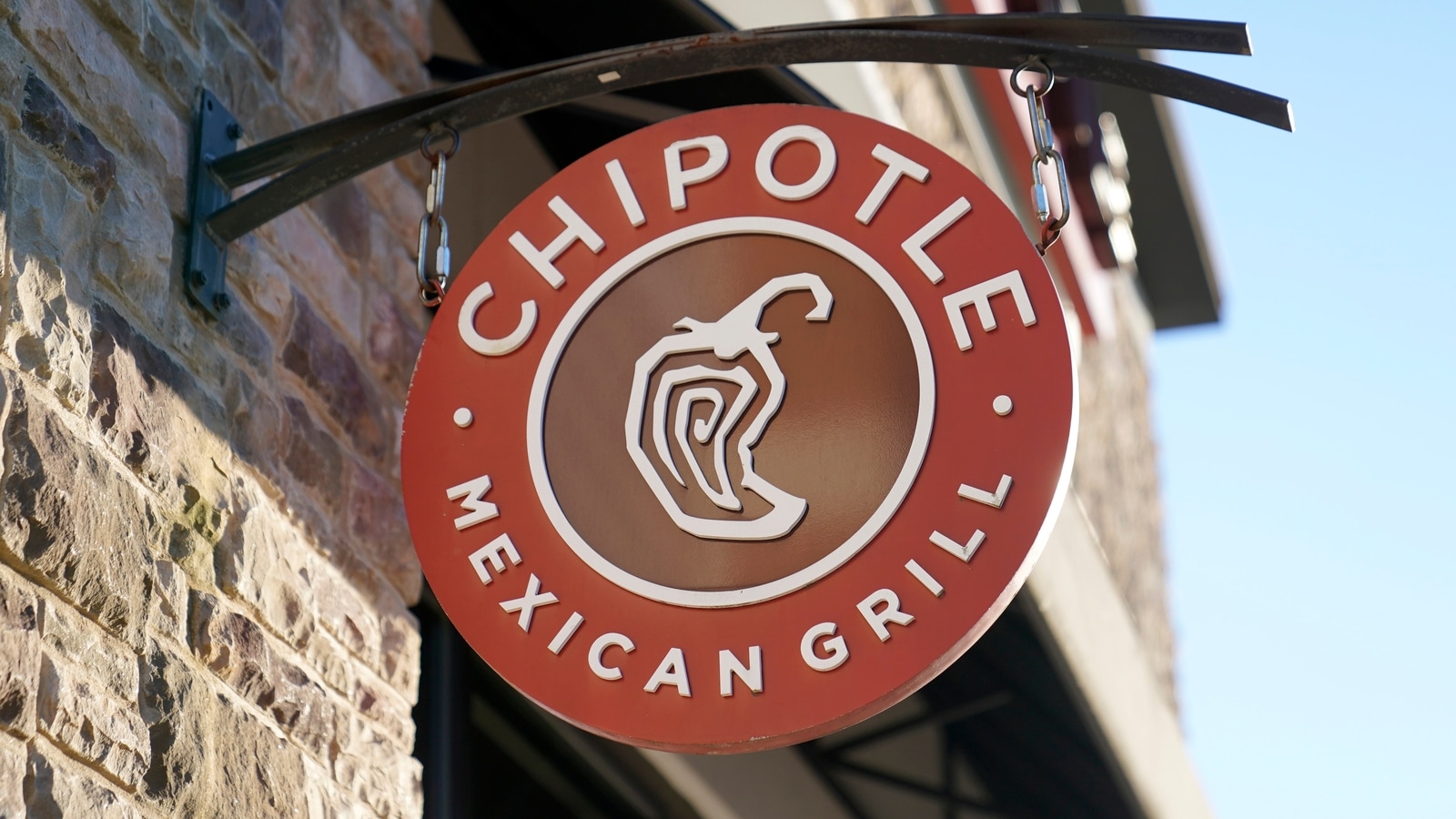Tortilla chips, tacos to burritos, Chipotle robots are paving the way for restaurant automation; 5 things to know
Chipotle has been leveraging robots to automate its operations since 2022. So far, it has found a way to make several menu items, tortilla chips, tacos to burritos, using restaurant automation. Know 5 interesting facts about it.

Artificial intelligence (AI) is not the only technology that has been making headlines. Automation is another such industry that has grown by leaps and bounds in recent years and has started to make an impact on humans at large. We know about the automation revolution taking place in factories and warehouses, with Amazon being one of the leading companies to implement robots at its fulfillment centers. But now, they are coming out of factories and getting closer to the end consumer, which highlights their higher efficiency. One brand in particular that is using this technology is Chipotle Mexican Grill (known as Chipotle), an American chain of fast-casual restaurants, that has been utilizing robots for its restaurant automation. Tortilla chips, tacos to burritos, let us take a look at what Chipotle robots have been doing.
Chipotle robots in restaurant automation
1. In early 2022, Chipotle began working with Miso Robotics to create and test autonomous kitchen assistants. These robots, called Chippy, were given one specific task — to cook tortilla chips. The entire process included cooking these chips from scratch and then seasoning them with salt and fresh lime juice.
“We asked our team members if we could find a better mousetrap for anything in the restaurant, and what that would be, and up at the top of the list was a better way to make chips,” Curt Garner, Chipotle's chief technology officer, told CNBC in an interview.
2. Chipotle tests its restaurant automation machinery at its innovation hub called Chipotle Cultivate Center in Irvine, California. This is where the company experiments with new technologies as well as recipes to bring new menu items, cooking equipment, and autonomous kitchen assistants to its outlets located nationwide. The testing stage usually takes place within the Southern California region where both workers and customers are asked about their feedback before rolling it out at a large scale.
3. Chipotle did not stop at Chippy, however. In early 2023, it was reported that the company was testing yet another robot, this time to assist in making guacamole. The robot was aptly named Autocado (a portmanteau of automation and avocado). Unlike Chippy, which looked after making ready-to-serve chips from scratch, Autocado was mainly a collaborative robot. It cuts, cores, and peels avocadoes before they are hand-mashed to make guacamole. Chipotle partnered with Vebu to create the device.
4. If you thought Chipotle was stopping after Chippy and Autocado, then you are wrong. In October 2023, the company announced that it is testing an automated digital makeline in collaboration with Hyphen, a kitchen automation platform. The new makeline would create burritos, tacos, and quesadillas. The company also said that it would only be used for digital orders as a way to help its workers with repetitive tasks, and it is not meant for dine-in customers.
“Approximately 65% of all Chipotle digital orders are bowls or salads, so the cobotic digital makeline has the potential to free up more time for employees to service the front makeline and deliver exceptional hospitality, while simultaneously increasing capacity for digital orders during peak periods,” the company said in a statement.
5. And on December 13, Chipotle announced that it is now looking to bring robotics to its farms. As per the press release, the company invested 50 million dollars in Greenfield Robotics, an agritech startup focused on automation through its Cultivate Next venture fund. The restaurant chain is also working with the startup to create robots that will work on its farms, from where it procures fresh ingredients.
These robots, as per the press release, these robots can cut weeds between rows of crops continuously, thereby reducing the reliance on harmful chemicals to eliminate weeds and other invasive plant species. The company also plans to add new capabilities to these robots such as soil testing, crop planting, and microspraying in the future.
Catch all the Latest Tech News, Mobile News, Laptop News, Gaming news, Wearables News , How To News, also keep up with us on Whatsapp channel,Twitter, Facebook, Google News, and Instagram. For our latest videos, subscribe to our YouTube channel.































